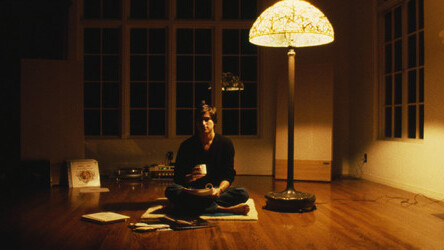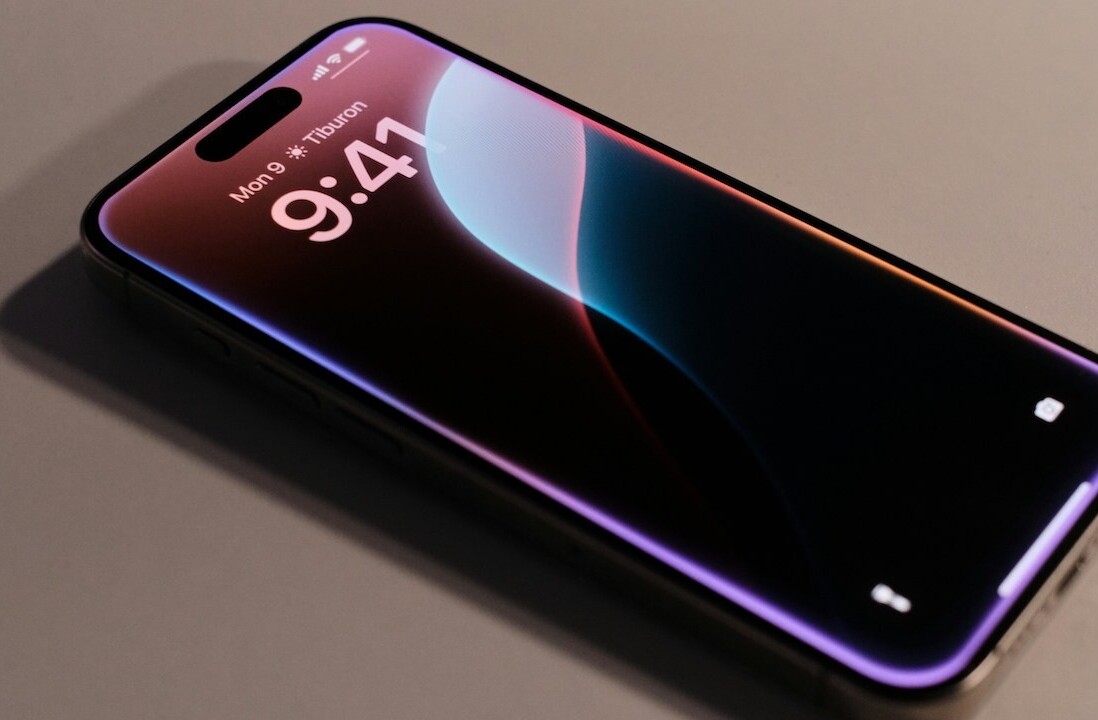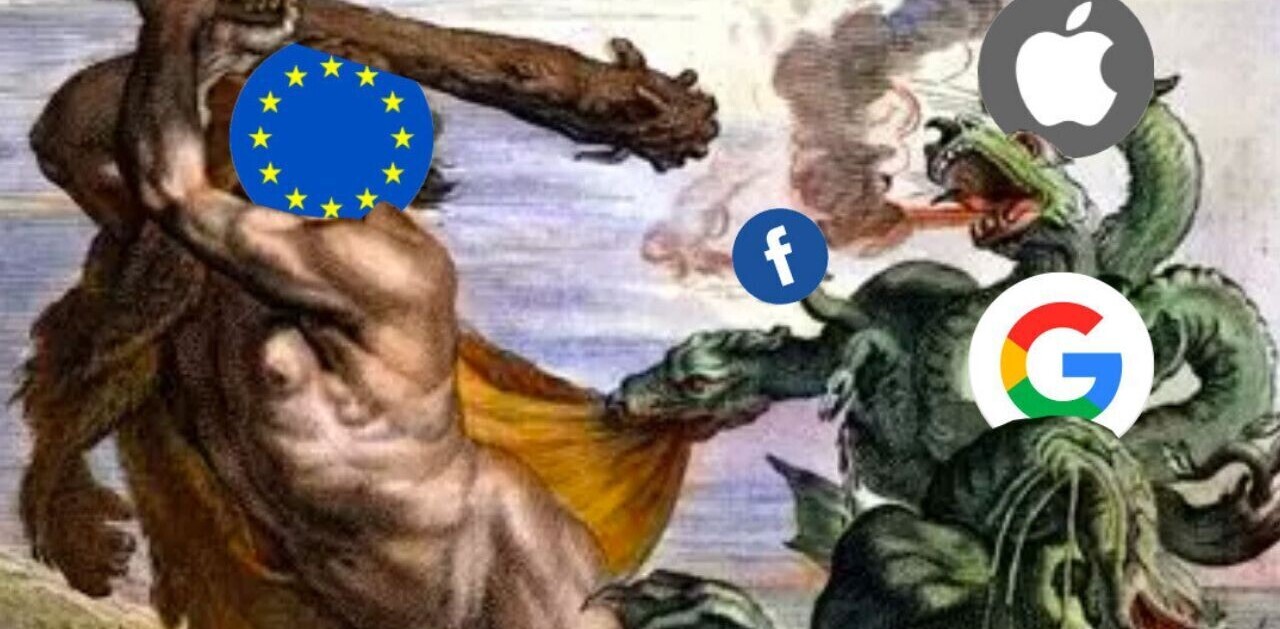
Shortly after Steve Jobs resigned as Apple’s CEO Thursday, stories began pouring in across the web about what this means for the future of Apple. The instinct of some has been to sentimentally recall their personal interactions with him, some have taken to eulogizing as if he was dead, not just moving positions. Yet others have predicted doom for the company as they feel that too much of what made Apple successful is in Jobs’ head.
The hysterical, and inevitable, predictions of ‘the beginning of the end’ for Apple are largely limited to people who only casually cover the company or were mining for pageviews. Anyone who has been following Apple closely in recent years knows that Jobs has been working towards this point for some time now. There are valid reasons to be realistically optimistic about the future of Apple as a company ‘post Jobs’ and most of them have to do with the best product that Steve Jobs ever produced.
That product isn’t the massive cash pile that Apple is sitting on, or Jobs’ impressive trove of patents, its not even the intensely dominant iPad. Instead, it’s the way that he created Apple in his image, imbuing it with his way of thought and the drive to continuously reinvent itself.
Perspective
I’m a hardcore gamer. I played my first game on a computer some time in 1988 as far as I can figure, although it may have been earlier. My best friend’s dad had been hired on as one of the first computer technicians for Pacific Bell and his house was constantly full of computers. This began a lifelong love affair with computers and computer gaming and for the next 20+ years I would build, tweak and push computers, mostly Windows PCs, to their limits in order to play the latest and greatest games.
As a gamer, Apple wasn’t on my radar at all for many years. My computing age began in an era where Apple was foundering, their products were generic and crappy, mere shadows of the Macintosh. Games for the Mac were a joke for much of this time. It wasn’t until 1994 that I had the incentive to hound my Mom to drive me down to the local Egghead Software and buy me a copy of Marathon for the Mac. I had played Doom for the PC of course, but Marathon was different. It had an intriguing story, fantastic graphics for the time and aliens!

It also required that I fire up my Mom’s Performa that she kept in the house because her office was one of the first major insurance companies in the area to use Macs. Over the next couple of years I would play Full Throttle and Myst and every other Mac game that came out as well as the PC titles.
I had used Macs at school of course, where we learned programming basics in Hypercard, the Mac’s version of Visual Basic. I was fascinated by the simple programs that we could create with real buttons, text fields and graphics. But my real love affair with the Mac started in photography class where I was one of the few willing to step out of the darkroom to crank away on an early version of Adobe Photoshop to try to create real photographic images using a computer, of all things. Photoshop 2.5 ran like a dog on this thing, but I was doing things with it that just blew me away. The image to the right is one of my first ‘Photoshops’ ever, super cool no?
This is where I began to be interested in this Apple company that emblazoned their computers with this cool multicolored logo. Over the next several years I would research the history and goings-on at Apple, although it was a tough time to be a fan of a company that was clearly rudderless going into the future. Enter Steve Jobs.
When I started watching and reading about Apple and, after his return, Steve Jobs, I found a lot to admire and learn from. But not everything about Jobs is wine and roses.
Jobs isn’t perfect by any definition of the word. While I’ve focused on his strengths in this article and the way that those strengths should help Apple going forward, he also has plenty of traits that people find distasteful. He can be incredibly demanding and short tempered. He gets pissy with the press, a lot. He has been spectacularly wrong about some of Apple’s products and leveraged every bit of his persuasiveness to try to convince the public otherwise. He even has a reputation for being a fantastic liar that delights in misleading competitors and journalists. But that doesn’t change the fact that he will likely be remembered as one of the best business leaders of our time. That alone makes him worth examining.
Return of the king
The iMac’s introduction in 1998 was heralded a return to greatness for the company and although it wasn’t a machine for me, a hardcore gamer and photographer using Photoshop heavily, it did get me interested in Jobs as a performer and showman. I remember watching the introduction some time later in a postage-stamp sized Quicktime window and realizing that I was seeing someone with a unique ability to tell the truth, but to tell it through the lens of his point of view.
In a response to a question about the symbolic value of his return to Apple in 1998, Jobs was blunt about the fact that Apple was more than a puppet with his hand inside. “You’re missing it. This is not a one-man show,” he said. “What’s reinvigorating this company is…there’s a lot of really talented people in this company who listened to the world tell them they were losers for a couple of years, and some of them were on the verge of starting to believe it themselves. But they’re not losers. What they didn’t have was a good set of coaches, a good plan. A good senior management team. But they have that now.”
The products that Apple would introduce over the next couple of years were all started when Jobs returned to the company and began a ‘crash program’ of product development.
But, in hindsight, it wasn’t the introduction of the iMac, or even the iPod in 2001 that was the most important one for the future of Apple. It was the introduction of the iTunes Music Store in 2003. iTunes had been introduced in 2001, but it wasn’t until the store was introduced that Apple’s most powerful tool began to take shape, it’s ecosystem.
Patents, products and profits
The iMac, the iPod and iTunes began a string of incredibly successful product launches for Apple’s second reign under Steve Jobs, although there were many failures as well. You can see the results of this incredibly productive era in Apple’s history in the exploding profits that the company has enjoyed in recent years, climbing to its current status as the most valuable company in the world by market cap.
It’s easier to see now what Jobs’ plan was for the multitouch technology and app ecosystem that Apple introduced with the iPhone and then the App Store. He was always working towards creating an environment that would serve to prime the public for the release of an iPad. Think of the iPhone as a sort of mental lubricant that conditioned the public consciousness to accept a device that took on the form of whatever app you launched on it. The iPad met with enough negative and confused responses as it was, imagine how difficult it would have been for it to get traction before the iPhone and iPod touch.
Jobs has also long had a reputation as a hands-on creator. The catalog of some 300 patents that bear Jobs’ name attest to this. This was a CEO that was making integral decisions about products every day, refining and exercising the editorial control normally reserved for a product manager.
In response to a question about the fact that Apple’s products are aesthetically pleasing, Jobs admitted to being adamant about certain things but stressed that it was the employees of Apple that made it possible.
On our latest iMac, I was adamant that we get rid of the fan, because it is much more pleasant to work on a computer that doesn’t drone all the time. That was not just “Steve’s decision” to pull out the fan; it required an enormous engineering effort to figure out how to manage power better and do a better job of thermal conduction through the machine. That is the furthest thing from veneer. It was at the core of the product the day we started.
There is anecdotal and explicit evidence of the influence that Jobs has had on the products at Apple during his tenure, it’s an integral part of the process that has led to Apple’s past success. This intangible is one of the things that Apple faces going forward. It absolutely has the talent and skill to execute highly refined products, but can it still make those intuitive decisions about the shape that a product will take based on how people use, or how they don’t even know they want to use, a product.
But the talents of Steve Jobs don’t stop at the edge of having a fantastic editorial foresight. There are other qualities that he possesses that will need to be a part of Apple’s DNA going forward.
The passion of a creator
This isn’t Jobs first successful turn as CEO. Although there were issues that caused his ouster in 1985, it can be argued that he did such a smashing job the first time around that the company was able to coast on that success for the better part of a decade before mismanagement and lack of innovation caused it to slide.
Throughout Jobs’ tenure as CEO, there has been a lot of talk about his ability to make people see Apple’s products as impressive and ‘revolutionary’. This ability even has its own name: the Reality Distortion Field. But what many saw as a manipulation technique has a simple explanation. It’s the passion of someone who had a direct hand in creating a company’s products.
The passion of a creator in presenting his products is rare in most CEOs, who rarely have a direct hand in the design and manufacture of their company’s products. But the passion of the founder, of the creator, is easily evident elsewhere. My dad is an artist and I have seen first hand how the intense love he has for what he creates, and the desire for other people to enjoy it, has influenced people into purchasing art.
The art speaks for itself, but the passion of the creator isn’t a force to be underestimated. It’s real and palpable and people find it easier to create a connection with a product when they see the intense love that a creator has for it.
It’s this same love of a creator that imbues every Steve Jobs keynote and interview. You can see that he is personally invested in people enjoying and using the products that Apple creates.
This philosophy has been instilled in Apple employees from the Retail Stores to the executive staff. No other major technology company employs staff as convinced that they are producing some of the best products in the world. This is a result of Jobs’ ability to lead by example, infusing the corporate culture with that same passion and pride of a creator.
The fear of tearing down
Another trait that Jobs has imparted to Apple culture is the ability to overcome the fear of starting over. Jobs has shown a willingness time and again to take dramatic steps to reinvent a core business for Apple instead of riding the coattails of its success.
A prime example of this is the discontinuation of the iPod Mini at the height of the hard-drive-based mp3 player’s popularity and the introduction of the iPod Nano. The popularity of a miniature hard-drive iPod had not even entered the twilight of its popularity before it was killed off because Jobs saw the future of media players storage in tougher, faster flash modules.
Apple threw away what surely could have been millions of additional sales in favor of introducing a better, more efficient product. This paid off big as Apple got an early toehold in NAND flash memory which continues to be a boon to it today as every modern device uses solid state memory. It helped to create a better product in the Nano, but it also set the stage for Apple to have a competitive price advantage on a core component of iPhones, iPads and the MacBook Air in years to come.
The balls to burn down a dynasty and start over simply can’t start at the bottom and go up. It has to come from the top, from the decision makers, and trickle down. That’s why it will be interesting to see how well Jobs has instilled this philosophy in Tim Cook and the rest of the executive staff in years to come as they are forced to maintain Apple’s momentum by being willing to walk away.
I believe that the first real sign that this key ability will have been passed on won’t be seen for years yet as Jobs decisions at Apple will most likely inform the path of the company for some time. But I think it will happen. That moment, when we see Tim Cook’s Apple cut off a product in its prime and make a bold and initially confusing move, that’s when we’ll know that Jobs’ spirit lives on at Apple.
Going forward
Steve Jobs created Apple as a company in his own image. By turns brilliant, secretive, prescient and yes, a bit of a hard ass. As huge as Apple is as a company it has managed to maintain some of the rebel spirit that drew Jobs to the music of Bob Dylan. Through its constant willingness to treat the status quo as a rule to be broken, Apple has defied conventional wisdom over and over as pundits predicted its doom at every turn.
As an orphan of immigrant parentage who rose to the top of his game through hard work and invention, Jobs epitomizes the American myth. When coupled with his obvious skill as a CEO and public speaker, it made him a fascinating character to watch. When you’re passionate about something, when you live and breathe it, it shows. Yes, Jobs is a gifted orator and showman, but that was augmented by the love and passion for his products because he had a hand in causing them to be. The impact of that personal connection cannot be understated.
Steve Jobs attitude towards building the company that Apple is today can be summed up with a response to a question about how the younger generation of entrepreneurs were handling their success in starting companies.
…there are many moments that are filled with despair and agony, when you have to fire people and cancel things and deal with very difficult situations. That’s when you find out who you are and what your values are. So when these people sell out, even though they get fabulously rich, they’re gypping themselves out of one of the potentially most rewarding experiences of their unfolding lives. Without it, they may never know their values or how to keep their newfound wealth in perspective.
Apple was created by Steve Jobs, Steve Wozniak and Ronald Wayne in 1976. Even from the first moments of its existence though, it has been a conduit for the philosophy and vision of Steve Jobs. However, throughout the past decade have we seen signs that Jobs hasn’t just been producing the next iMac, iPod or iPad. He has instead been crafting one single product, Apple itself.
We, with any fortune, should have many years left of his editorial expertise as he presides as Chairman of the Board. But out beyond that, we’ll get to see if Jobs’ efforts in recent years have been able to instill his vision, his philosophy, deep enough into the marrow of Apple for it to be able to carry on being brilliant. It should be exciting.
Get the TNW newsletter
Get the most important tech news in your inbox each week.






